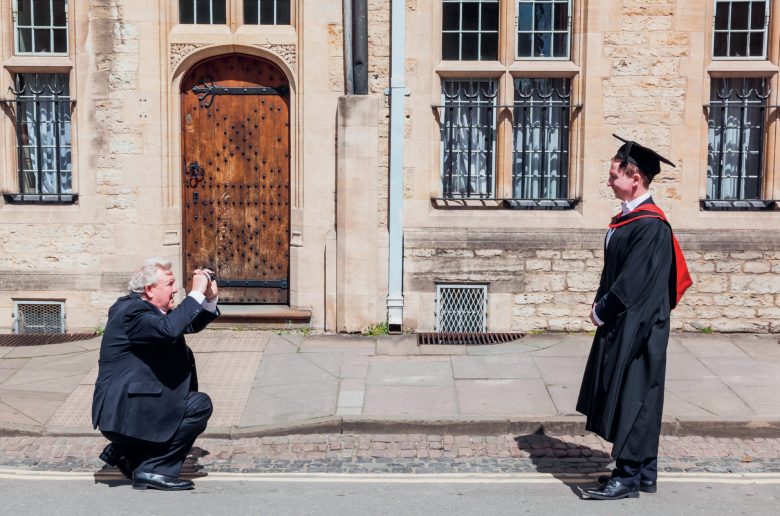
To date, much research and writing on the question of social class has focused on the experiences of those from so-called working-class backgrounds. Such an emphasis is justified in order to inform policy and practice through a greater understanding of why white workingclass boys and young men (in particular) continue to perform so poorly educationally and why young people from more disadvantaged backgrounds are more likely to become very young parents, for instance.
But a focus on more affluent or socially ‘privileged’ backgrounds is also needed here if we want to understand why class continues to inform educational choices, friendships and future aspirations. We need to know how those in the middle classes may play a (not necessarily intentional) role in sustaining inequality and ‘looking down’ on those with fewer financial means or different cultural resources.
Your organisation does not have access to this article.
Sign up today to give your students the edge they need to achieve their best grades with subject expertise
Subscribe




